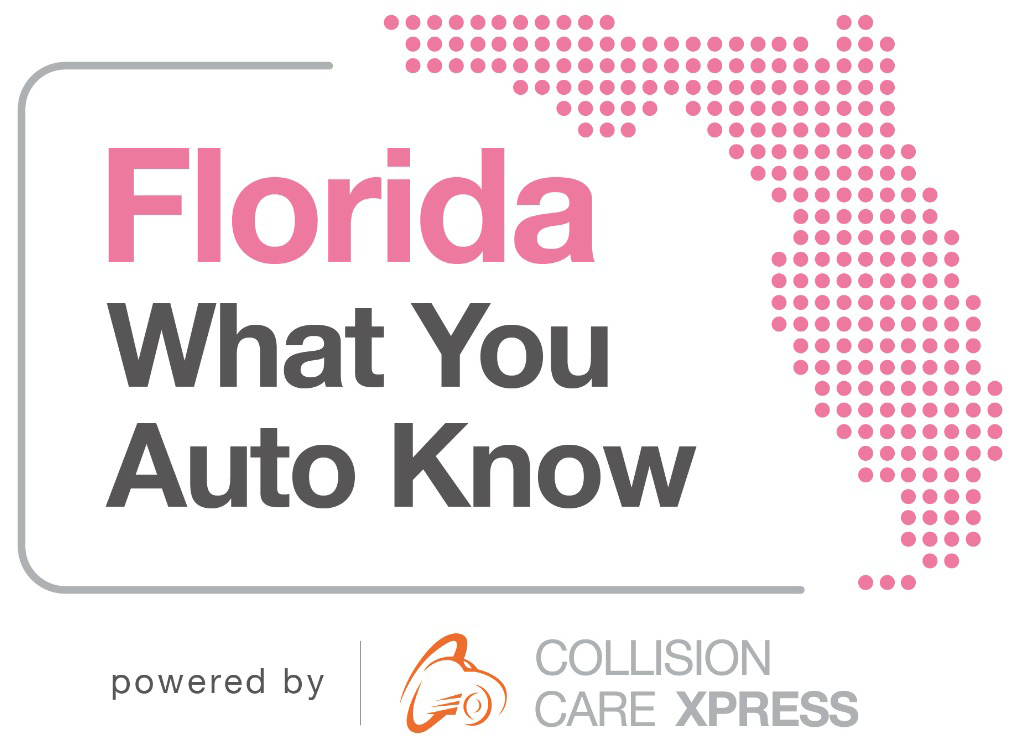Are You Entitled to OEM Repair Parts?
| ♦
Your insurance company promises to return your vehicle to its pre-accident condition after you’re involved in a crash. Unfortunately, the definition of “pre-accident condition” is a little hazy, and whether you’ll be pressured to use non-OEM parts at repair time will depend on the auto insurance policy you bought. ♦
|
Brand-name or OEM parts are manufactured by the maker of your vehicle. Non-OEM parts, often called “aftermarket” or “imitation” parts are made by a 3rd party vendor. Most insurance companies recommend cheaper non-OEM parts for the repair of damaged vehicles because it allows the insurance company to save money. Over 30 years ago, the insurance industry established the nonprofit Certified Automotive Parts Association (CAPA), to certify the quality and safety standards for imitation and non-OEM parts. CAPA-certified parts are represented as being of “like kind and quality” to OEM parts. However, CAPA’s quality-standards manual requires only “functionally equivalent” parts in order to achieve certification. Such a careful choice of words is significant: a Suzuki may be functionally equivalent to a Mercedes, but the two are hardly equal! A CAPA seal of approval is no guarantee the non-OEM part will have the same fit and quality as OEM parts. I’ve been hands-on involved in the collision repair business almost as long as CAPA has been around, and I think that, whether CAPA-certified or not, non-OEM parts are cheaper for a reason, they’re inferior! You are certainly entitled to demand OEM parts be used to repair your car, but your insurance company might not pay 100% of the repair bill if you do. Think of this as your co-pay! Yes, a co-pay on your auto insurance just like you have on your medical insurance. And, just like with your medical insurance, the amount of your co-pay will vary widely depending on the auto insurance policy YOU bought. Bargain or lower premium insurance policies generally have a higher co-pay, and policies with higher premiums generally have low to none co-pays. The choices you make regarding the repair of your vehicle should not be taken lightly. Use of non-OEM parts can affect your car’s warranty, resale value and most important, the safety of you and your family. So please, make your decisions carefully. Take the time to read and understand your auto insurance policy. Do this before you ever have the need to file a claim. You need to know what your insurer is responsible for and obligated to, and understand your obligations as well. |

Robert Molina writes insanely useful guides about the auto body repair process and what you need to know to make the process less stressful. With more than 25 years of experience as an independent auto body shop owner, he’s on a mission to stamp out gobbledygook and raise the bar for quality collision and auto body repairs.




